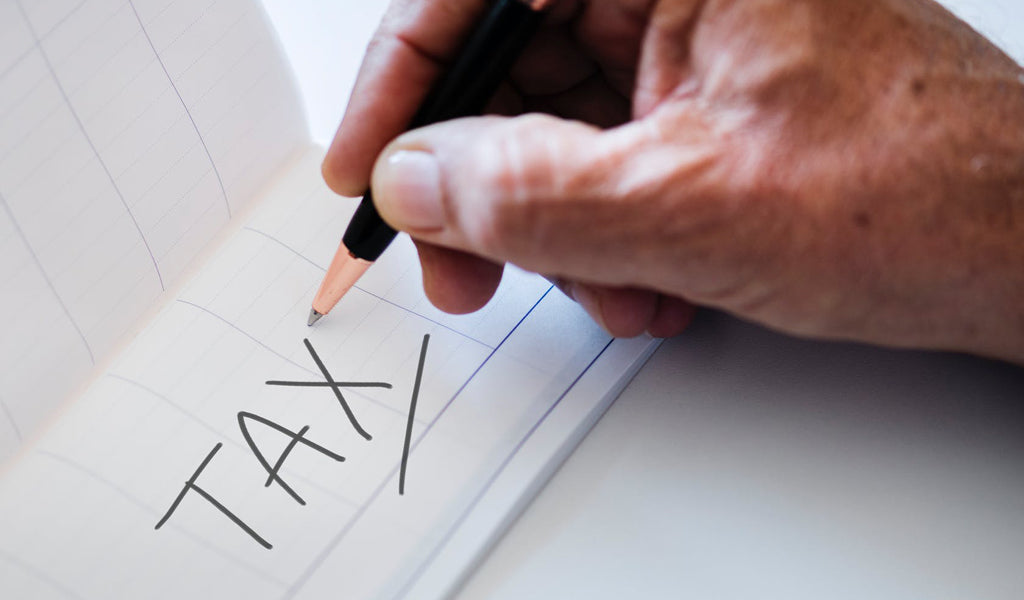
Tax allowances and thresholds
The amount you can earn before you pay tax – known as your personal allowance – is rising from £11,850 to £12,500 on 6 April 2019. That’s worth £130 more in your pocket each year (£260 for a 40% taxpayer).
If you earn more than £46,350 you’ll receive a larger tax break, with the 40% tax threshold rising to £50,000 as well.
Making Tax Digital (MTD)
MTD is part of the Government’s plan to make it easier for businesses to stay on top of their day-to-day accounts. HMRC wants to be one of the most digitally advanced tax administrations in the world – improving efficiency, effectiveness and ease of compliance, which means no paper and more regular reporting.
The main changes can be summarised as follows:
- Paper records will not be sufficient – It will be mandatory for almost all businesses and landlords (self-employed, partnerships and limited companies) to use software, to keep accounting records. Paper records will cease to meet the requirements, although invoices and receipts (scanned copies are fine) should, in our view, be kept supporting the electronic records in case of an enquiry.
- VAT – VAT is the first milestone for MTD with the requirement to keep digital accounting records and file VAT returns using MTD compliant software by April 2019 (the first VAT quarter starting on or after 1 April 2019)
Minimum wage rates rise
The minimum wage for workers 25 and over will go up from £7.83 an hour to £8.21 an hour.

People aged 21 to 24 will see their minimum hourly rate rise from £7.38 to £7.70 an hour; 18 to 20-year-olds will see a rise from £5.90 an hour to £6.15 an hour and people of school age but under 18 will see their money go up from £4.20 an hour to £4.35.
The minimum rate for apprentices is also rising – from £3.70 to £3.90 an hour, as long as they are under 19, in the first year of their current apprenticeship.
State pensions changes
The basic State Pension and new State Pension increase by 2.6% from 6 April 2019, a cash increase of £3.25 a week and £4.25 a week respectively.
It means the basic state pension (currently £125.95) will be at least £129.10 a week, an extra £164 a year while the new state pension (currently £164.35) will be at least £168.45 a week, an extra £213 a year.
But you’ll have to wait longer for your state pension. From 2019, the State Pension age will start to rise for both men and women. By October 2020 you’ll need to reach at least 66 before you’re eligible with State Pension age rising to 67 between 2026 and 2028.
Work pensions
The minimum contributions for auto-enrolment pension schemes will increase from April 2019.
Currently employers have to pay almost everyone 2% of their pre-tax salary into a pension on top of their normal wages – with workers automatically having 3% of their pay deducted and paid into the same pension pot.
Under the new rules 3% goes up to 5% while employers will have to pay 3% of the employee’s salary to add to it.
End of help-to-buy ISAs
After 30 November 2019 the help-to-buy ISA will close, although existing ones can still have money added to them.
These ISAs were designed to help people get on the property ladder – and added up to £3,000 cash on top of your savings.
New savers will still be able to save into a lifetime ISA – although this works rather differently.
Payslips for all
From 6 April 2019, the legal right to a payslip will be extended to include non-employees such as contractors.
Employers will also be obliged to include the total number of hours worked on payslips for employees whose wages vary depending on how much time they have worked.
Vehicle Excise Duty (VED),
From 1st April drivers will see their VED rate increase. The amount you will be charged will depend on how old your car is and how polluting they are.
The majority of people will only have to pay between £5 and £15 extra. Cars registered between 1 March 2001 and 1 March 2017 will only see a maximum rise of £15 added to their annual rate based on emissions levels. Drivers of cars with emissions below 120g/km will not see any increase.
Cars registered during the same period with CO2 emissions from 121-130g/km up to 166-175g/km will pay an extra £5.
For cars with CO2 emissions from 176-185g/km up to 201-225g/km will pay a charge of £10, while cars with highest CO2 emissions face a £15 fee.
There will be no rate rises for zero-emissions new cars.
But it is drivers of new vehicles that face the most costly hikes following tax rate changes in April 2017 and the introduction of a flat-rate charge. For the first year, cars that emit more than 191-225g/km will pay £40 more and 226-255g/km will pay £55. Cars that emit over 255g/km of CO2 emissions will pay the max £65 fee.
Entrepreneurs’ relief
A number of changes were announced to entrepreneurs’ relief, the very generous capital gains tax relief, enabling those selling part or all of their qualifying business or qualifying shares, to be charged 10% on the chargeable gain.
Disposal of UK commercial property by non-UK residents
UK capital gains tax for non-UK residents currently only applies to disposals of UK residential property, introduced in April 2015. From 6th April 2019 capital gains tax will be extended to apply to disposals of any UK property.



